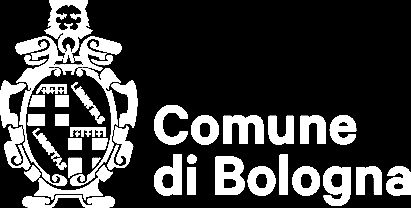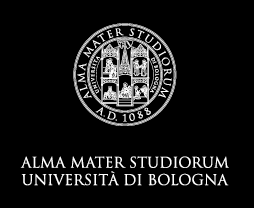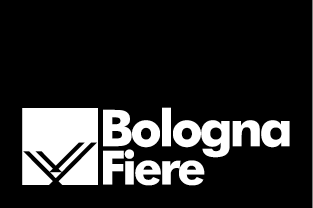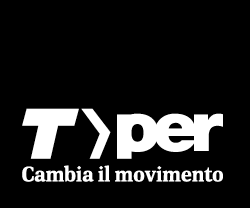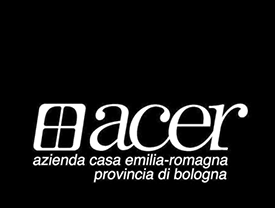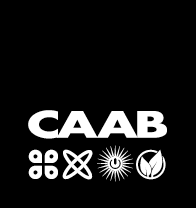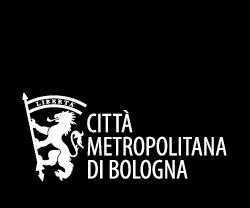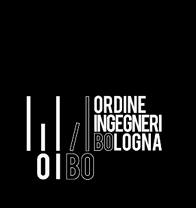The ROCK project (Regeneration and Optimization of Cultural Heritage in Creative and Knowledge Cities) aims to use new environmental, social, economic, and sustainable processes to regenerate the university zone around Via Zamboni.
The project won first place in the European call Horizon 2020 in the Climate – Greening the Economy axis in response to the call ‘Cultural heritage as a driver for Sustainable Growth’, with total financing of €10 million, €2 million of which are destined for Bologna. The project, with 32 European partners, is led by the City of Bologna, which worked to draft the project proposal together with the University of Bologna.
The project aims to show how historical centres in European cities can be considered extraordinary living laboratories where new models of urban regeneration guided by the cultural heritage (tangible and intangible) can be tested and where mechanisms of innovative and unconventional financing can be initiated in a vision of the circular economy.
The project in Bologna is concentrated on the university district around Via Zamboni, which includes 8 university buildings, 6 museums, 3 libraries, and the city’s main theatre, extending the area of interest to Piazza Maggiore. In line with the two guiding concepts of the creative city (recognizing creativity as a strategic factor in sustainable development, as defined by UNESCO) and the knowledge city (i.e. characterized by a knowledge-based economy as a primary point of reference and an engine for socioeconomic and technological dynamics), the objective of ROCK is to test new formulas of regeneration and new means of access to cultural goods. This includes promoting a new perception of collective property as common, shared heritage and thereby supporting social cohesion, testing solutions to attract residents, students, tourists, activities, events, and cultural operators, transforming them into an engine for the economic, social, cultural, and environmental quality of the city.
The ROCK project covers three years of activity and two years of monitoring.
Seven model cities — Lyon, Turin, Liverpool, Vilnius, Cluj, Athens, Eindhoven — with their different profiles, have offered a range of examples and solutions to be transferred to three cities for replication — Bologna, Lisbon, Skopje — thereby defining a specific agenda of regeneration in a process in which the key elements of the cultural heritage (buildings, monuments, open spaces, roads, cultural spaces) become the supporting column and also the motor to permanently regenerate specific areas. In this way, the goal is to create true collaborative protocols between model cities and replication cities to trigger the process of support, the transferability of activities, and dissemination of the results through the network of stakeholders in the project.
On the local level, a network of public and private representatives has already begun to collaborate to carry out the activities.
Under the ROCK project, the Fondazione per l'Innovazione Urbana has implemented U-Lab as the main action.
Timeline: 5 years, 3 of activities and 2 for monitoring
Economic resources: €10,000,000 – overall project; €2,000,000 – project for Bologna
Actions carried out in Bologna under the ROCK project have been described as case studies in two dossiers by Eurocities, a partner in the ROCK project.



